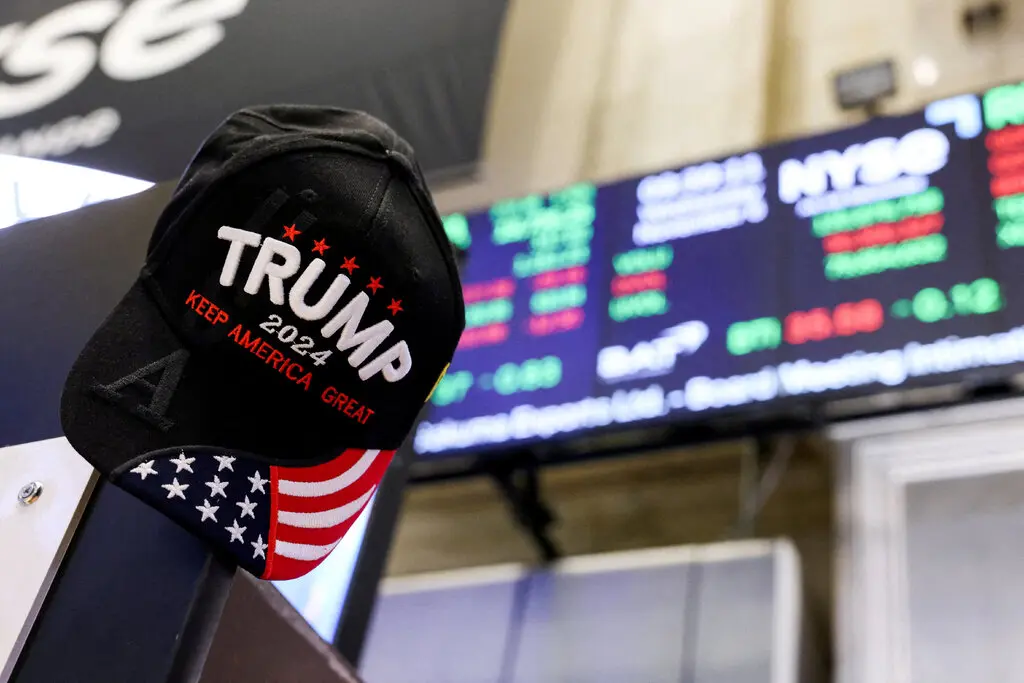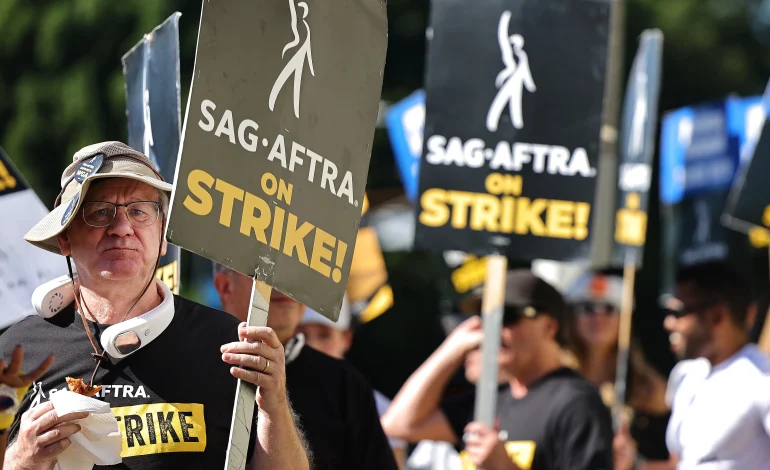As the 2024 presidential election enters its final stretch, both former President Donald Trump and Vice President Kamala Harris are making strong appeals to working-class voters, particularly those involved in the labor movement. With Labor Day marking a crucial point in the campaign, the two candidates are highlighting their respective records and plans to support workers across America.
Trump’s Approach to Labor and the Working Class
Former President Trump has positioned himself as a champion of the working class, claiming that his policies have directly benefited American workers.
“President Trump is making lasting inroads with union leaders and broadening the Republican tent in a historic way,” said Karoline Leavitt, Trump campaign spokesperson.
This comes as Trump continues to criticize the Biden-Harris administration for inflation and economic challenges that have impacted working families.
During his time in office, Trump tapped into worker frustration, particularly in the 2016 election, where he garnered significant support from union workers who felt their concerns had been ignored by previous administrations. Trump’s focus on “America First” policies, such as imposing tariffs on foreign-made goods and advocating for energy independence, are central to his argument that he is the candidate who truly understands and will fight for American workers.
Trump’s campaign has also promised to implement across-the-board tariffs on foreign goods, restore energy independence, and ban foreign ownership of critical U.S. infrastructure. These policies, according to his campaign, are designed to protect American jobs and strengthen the domestic economy, even as some experts argue that tariffs can have negative effects on the overall economy.
Despite criticisms that his administration took actions that undermined worker protections, Trump’s rhetoric and focus on protectionist economic policies have continued to resonate with a portion of the working class. Notably, labor leader Sean O’Brien, president of the Teamsters, praised Trump for his willingness to speak out against criticism, reflecting some union members’ alignment with Trump’s assertive style.
Harris’s Record on Labor Rights
Vice President Kamala Harris, meanwhile, has emphasized her long-standing commitment to labor rights, citing her career as a State Attorney General, US Senator, and now Vice President. Harris’s campaign manager, Julie Chavez Rodriguez, argues that union support is a key component of the Democratic path to victory, pointing to Harris’s record of fighting for workers’ rights and her role in the Biden administration’s pro-union policies.
Harris has been a strong advocate for the Protecting the Right to Organize (PRO) Act, which seeks to empower workers to organize and strengthen unions. This legislation, which has passed the House but not yet become law, would dismantle “right-to-work” laws in many states, making it easier for unions to collect dues and expand their membership. Harris’s support for this act is a clear signal to labor unions that she intends to continue pushing for pro-worker policies if elected.
Moreover, Harris has chaired the White House Task Force on Worker Organizing and Empowerment, which aims to reduce barriers to unionization and expand workers’ rights. Her campaign has also highlighted her actions in supporting major strikes and her efforts to address wage theft during her tenure as California’s Attorney General.
Comparing Their Labor Policies
While both Trump and Harris claim to support the working class, their approaches are markedly different. Trump’s policies focus on economic protectionism and reducing foreign influence on American industries. On the other hand, Harris’s strategy revolves around strengthening unions and ensuring that workers have the power to organize, with a clear emphasis on legislation like the PRO Act.
With input from USA Today and the New York Times.









